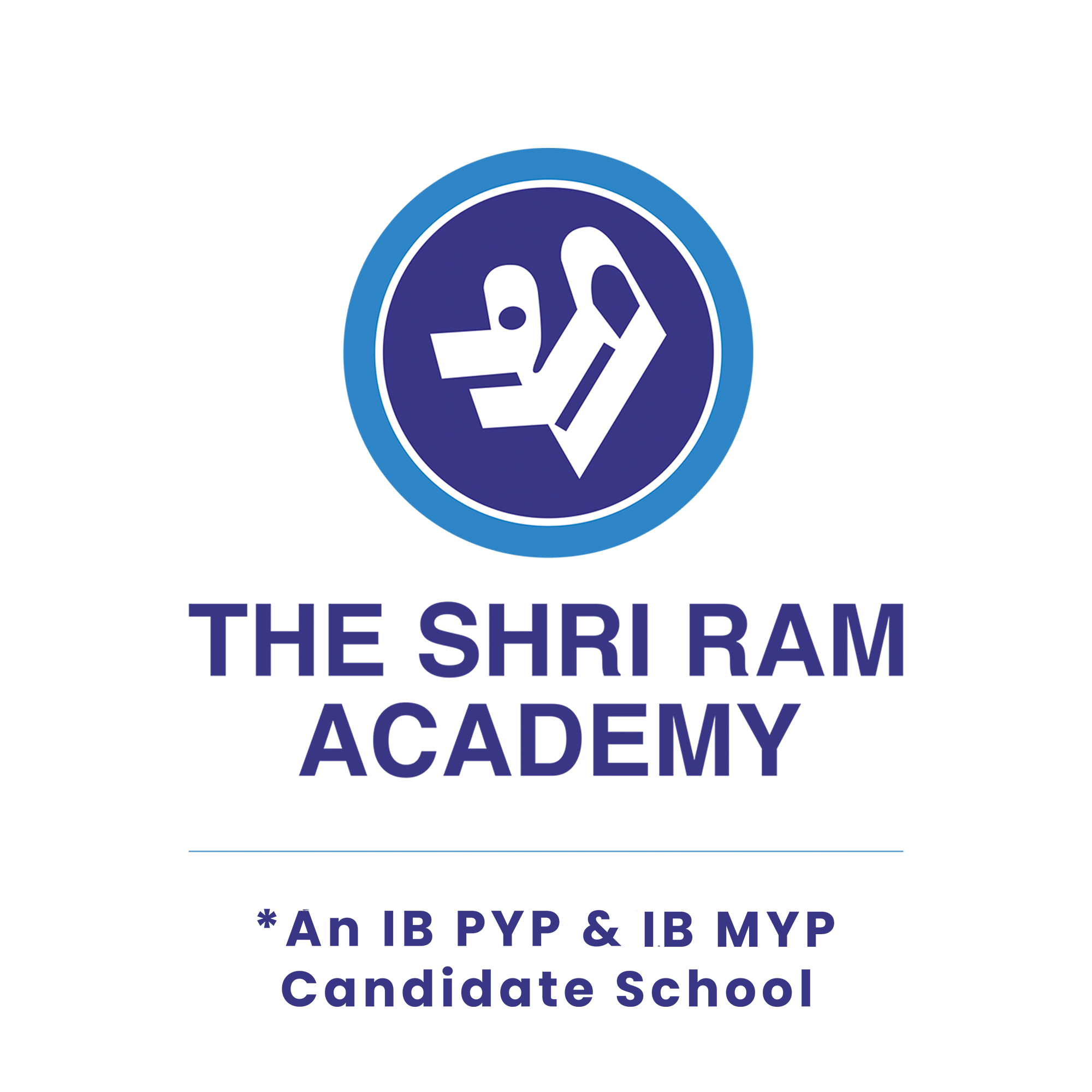

When it comes to choosing the right educational board, parents in India often find themselves weighing the merits of the ICSE (International Certificate of Secondary Education) and IB (International Baccalaureate) boards.
Both systems offer robust educational frameworks, but the methodologies, learning, and global recognition differ significantly.
In this blog, we will discuss the differences between IB and ICSE boards that help you as a parent to make an informed decision that aligns with your child’s learning style and future aspirations.
The International Certificate of Secondary Education (ICSE) board is known for its comprehensive and detailed syllabus. The ICSE syllabus is more traditional and structured, ensuring the students acquire a deep understanding of core concepts and memorise a significant amount of information.
It emphasises English Language and Literature, along with science, mathematics, and arts, aiming to prepare students for Indian competitive exams and further studies.
In Contrast, the International Baccalaureate (IB) is inquiry-based learning and has a global perspective. It encourages conceptual understanding, critical thinking, and independent research.
The IB curriculum is structured around themes and concepts instead of rote content. It includes unique components like
When considering the question, “which one is better?” it is crucial to understand the global recognition and acceptance of both the boards.
There are merely 276 IB schools in India, whereas there are more than 2500 ICSE schools in the country. On the other hand, there are only a few ICSE schools outside India, but more than 5,900 IB schools across the globe.
Many Indian colleges and universities are familiar with the ICSE grading system and its curriculum. While some international universities do recognise ICSE qualifications, its global acceptance is not as widespread as IB.
The benefits of the ICSE board are typically focused on helping students build a strong foundation for competitive exams like NEET and IIT-JEE.
On the other hand, IB is globally recognised and is a highly value program known for its emphasis on critical thinking, independent learning, and research. The program’s international focus helps students aiming for higher education in International universities.
The benefits of the IB board are more apparent and are internationally recognised, making it an attractive option for students considering education in different countries.
Cost and accessibility represent yet another important distinction between IB Vs ICSE. Although the IB board costs more than the ICSE board, it is a long-term investment in a child’s future worldwide.
In India, ICSE schools are more prevalent. They provide a conventional academic framework that frequently results in reduced tuition costs, opening up ICSE education to students from a greater range of socioeconomic backgrounds.
There are fewer IB schools, and they are mostly located in large cities. They are the perfect option because of their individualised approach, high university placement support, and international standards.
A number of factors contribute to the increased cost. These include the resources needed for inquiry-based learning, the specific training needed for IB teachers, and the global standards that IB schools adhere to.
So, IB Vs ICSE – which is better?
Both the ICSE and IB boards have advantages, but it’s dependent on the child’s learning style, future aspirations, and career ambitions.
If a child prefers structured learning and is aiming for national examinations, then the ICSE board could be better. Whereas, if the child wants to develop skill sets for international universities, the IB board ensures a strong foundation for that purpose.
In the end, both boards provide quality education. The important thing is to choose one that matches your child’s strengths and future goals.
The Shri Ram Academy (TSRA) stands out as one of the top IB schools in Hyderabad, offering world-class faculty, a personalised learning approach, and emphasis on holistic development.